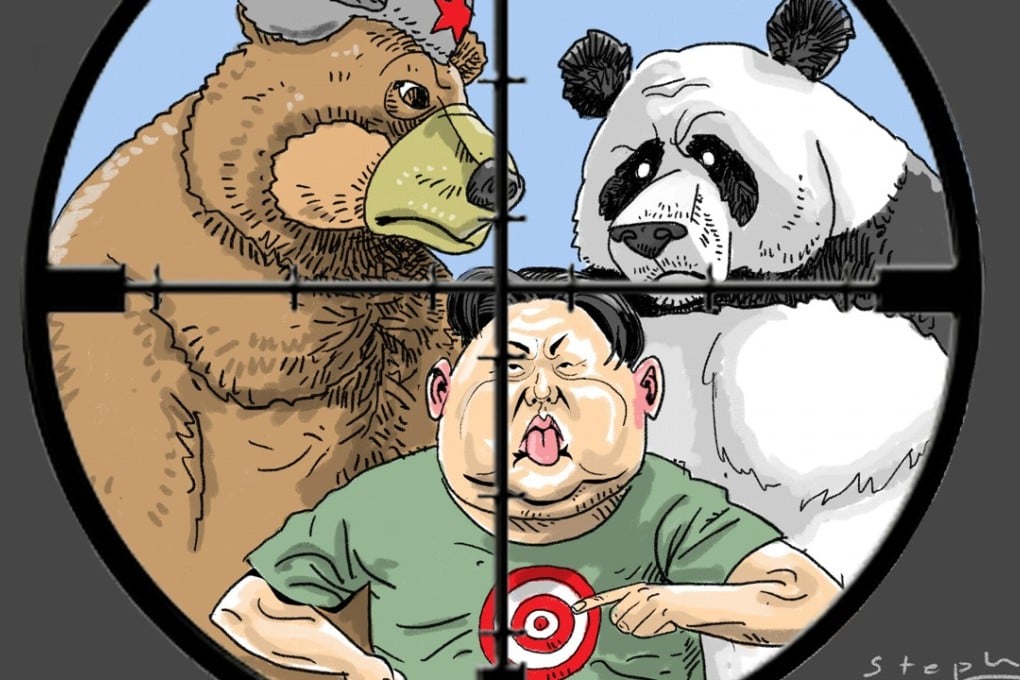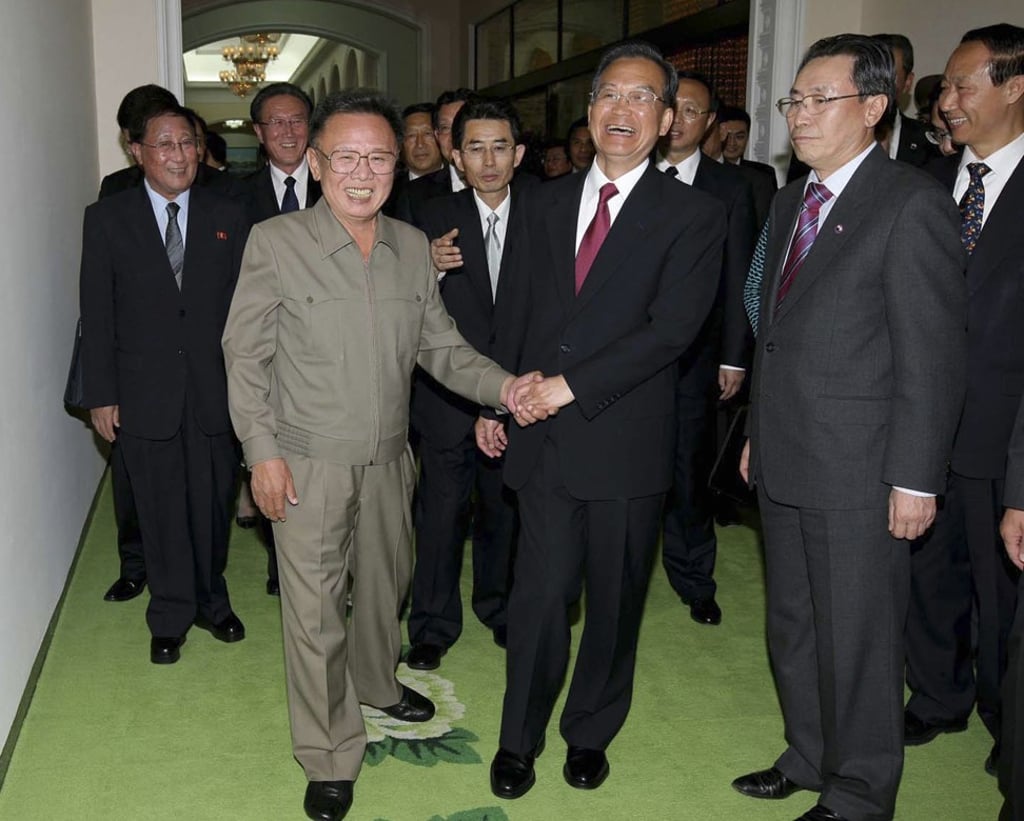Why Kim Jong-un may be banking on a US military strike to ensure his survival
Bob Savic says with China enforcing UN sanctions and getting closer to South Korea, the North Korean leader may well force America’s hand to show Beijing and Moscow his indispensability as the leader of a buffer state

After the George W. Bush administration declared North Korea as one of the three countries on its “Axis of Evil”, and a month after the March 2003 US invasion of Iraq, North Korea announced that it possessed nuclear weapons. In 2006, it undertook the first of a series of nuclear and missile tests.
Following these, North Korea’s then leader Kim Jong-il refrained from further testing for three years, until 2009, when another round of nuclear and missile tests were carried out.
However, a major divergence in the pattern arose in the wake of the two leaders’ second rounds of testing. After 2009, Kim Jong-il halted further tests, whereas, following the resumption of testing in 2016-17, Kim Jong-un has not only intensified his missile launching activities, but has threatened to escalate nuclear testing as well.

